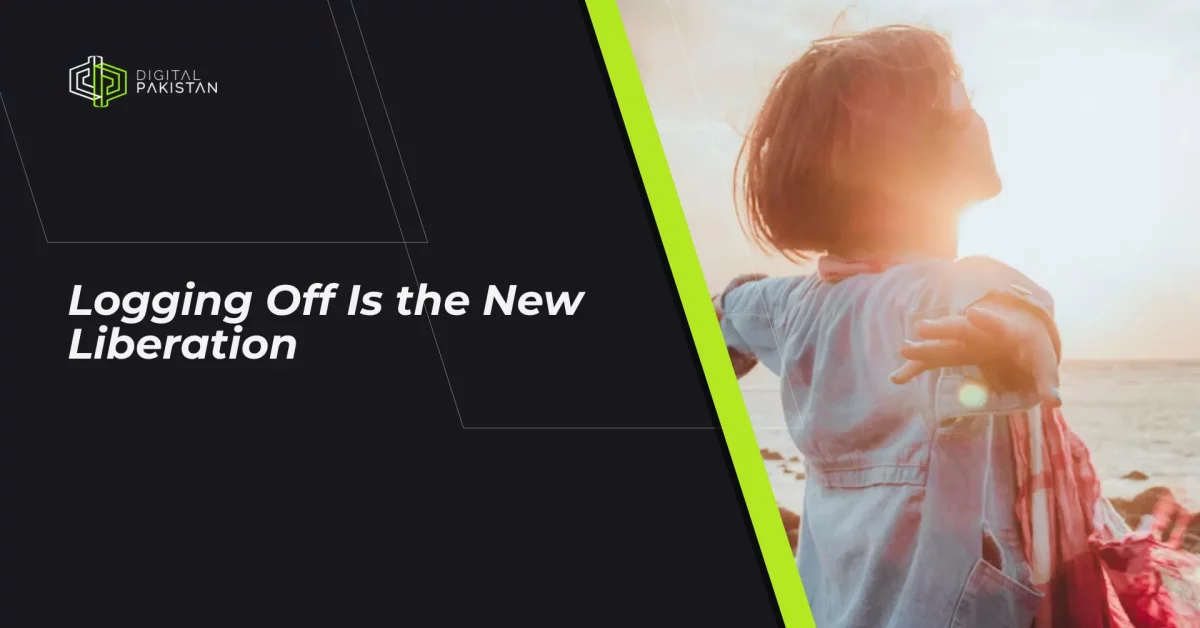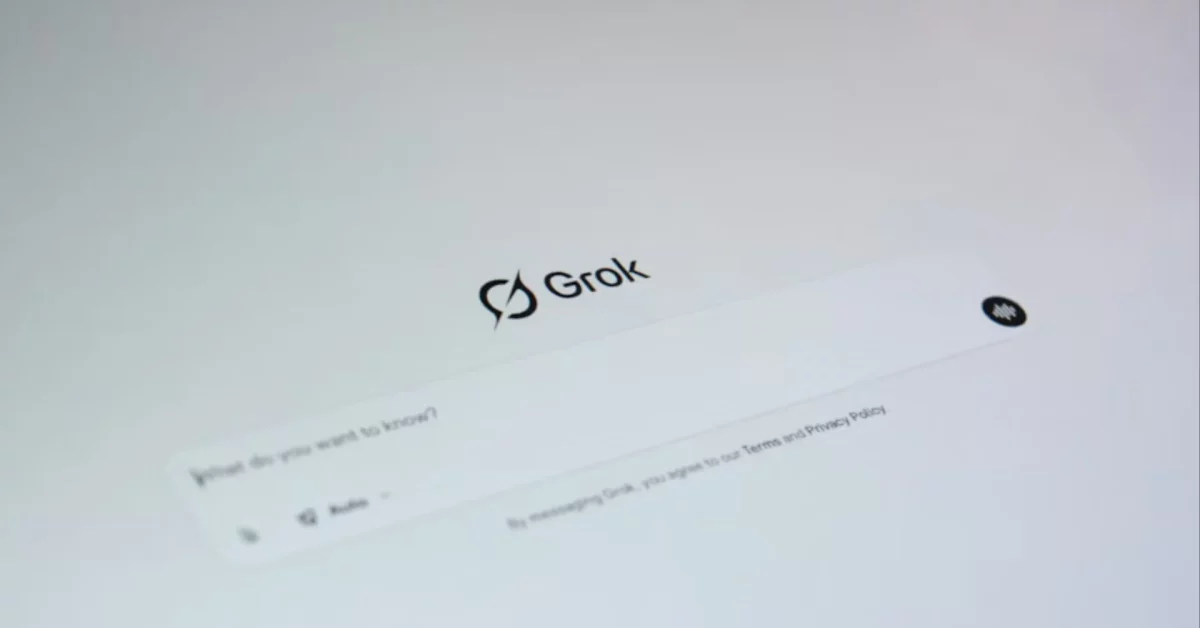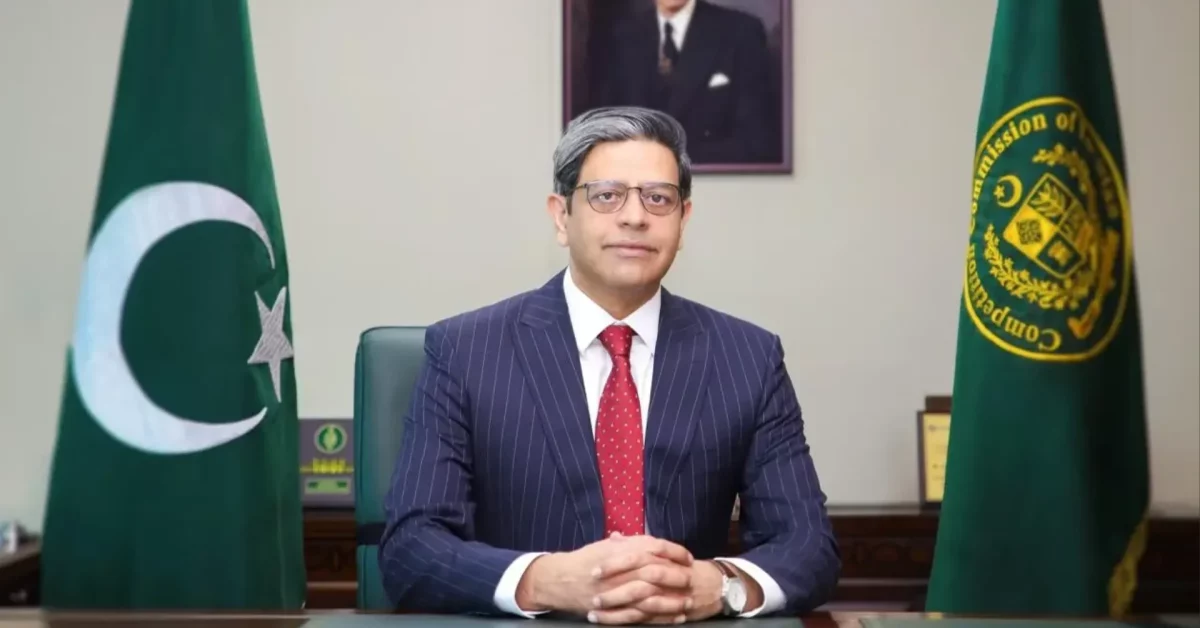
Federal Government to Finalize Pakistan’s First 5G Auction
November 13, 2025
PBS Signs New Data Sharing Agreements
November 14, 2025Introduction: Temporary Deactivation or a Permanent Deletion?
It’s as they say: what goes up, must come down. And what it has come down to is the exodus social media users. Yes, you read that right. Of all the ludicrous trends that have come and gone, the most recent emergence is that of being chronically off-line. Although, the jury is still out on whether or not this is a temporary deactivation or a permanent deletion of social media.
It’s true that we have debated long and rigorously about the downfall of society owing to the fact that we’re chronically on-line. We’ve been berating the modern ways of filling time on Earth by rotting our brains doomscrolling vapid digital content. Wrestling with the problem of mindless overconsumption and how it has brought the sky down over our numbed heads.
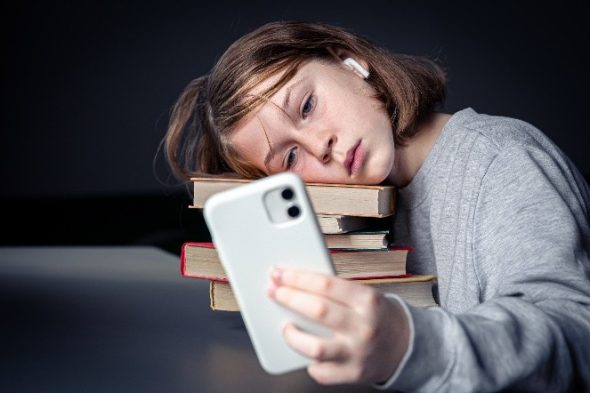
The tables are turning. Recent reports from several participants in the online spaces reveal that people are fatigued. Having experienced identity confusion, capitalist indoctrinations and infringed privacy wish to reclaim their lost selves from the shackles of social media.
It’s positively surprising how such an awakening has dawned upon people before too late, albeit gradually. Persistent advertisements, widespread disinformation, incessant materialist echo chambers, senseless, fast-paced reels, digital divides – at last, it has all gotten far too much for people to keep invested.
Brave New Nothing
Social media forums, once a vessel of escape and a channel for freedom of expression, have become eerily similar to the prisons depicted in the works of Orwell and Huxley. Platforms that once promised safe connections and healthy community building, now carry a strong semblance to Huxleyan dystopia.

Source: Brave New World, Wikipedia
Huxley’s Brave New World does not have any physical penitentiaries. Enslavement is encouraged with drugs and pleasure by the society. Their “happiness” is guaranteed by a concoction of genetic engineering, hypnopaedia (sleep-teaching), and the drug ‘soma’. Characters are conditioned from childhood to adapt to the totalitarian system.
The concept of being incarcerated by oneself and the limitations of a society that does not permit human growth is another concern Huxley touches upon. If this sounds familiar to you, that’s because we’re presently entrenched in the predictions proposed by what might have once been just a fictional piece of literature.
Look a little closer and you’ll begin to notice how perfectly our reality aligns with that of a dystopia. Suppression of individuality in the name of stability and homogeny, the application of technology for social control by means of diversion and instant gratification. Additionally, behavior and emotion are manipulated through carefully selected content.
Let’s call a spade a spade; we are a society that accepts its superficiality and lack of liberty, turning a blind eye to how online media placates the masses and stifles independent thinking. Algorithmic conditioning is employed to maintain the user’s interest, facilitate preexisting opinions, and suppress opposing or critical thoughts.
Hence, creating echo chambers which discourage complex or thoughtful consideration, leading to an intolerant attitude towards intellectual discomfort. Social media motivates a focus on neatly groomed online personas over genuine, substantial relationships. Even though they are always connected, this can lead to isolation and loneliness.
Log Off, Disconnect and Reclaim
Who are you when you’re not concerned about how may appear on someone else’s feed? What are you preferences and dislikes, your idiosyncrasies, whims and distinctive attributes, when you’re unperturbed by the dictations of useless fads? People are starting to recognize that to repossess their sense of self and place in the real-time world, they must first log off.
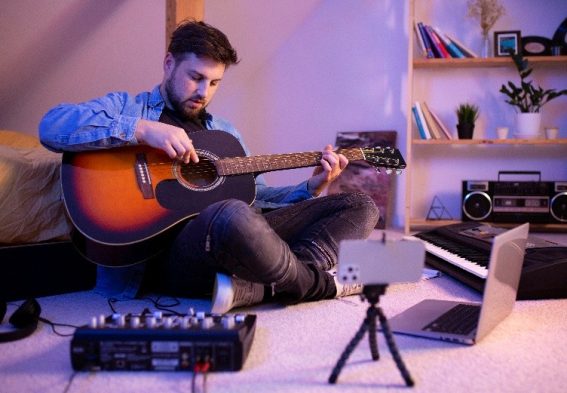
It’s not a practical lifestyle if it’s trending one minute and not the next. It’s not escaping if it’s causing more overstimulation instead of relaxation. It’s not freedom of self-expression, if that expression is propped on the conveyer belt of a million other clones. You’re not building meaningful communities if it ends with you feeling clueless about who you really are.
The noise is deafening; the hyper digitized commotion is nauseating, to say the least. The epicenter of the earthquake that crumbles the foundations of a dystopian world, is when people wake up from the daze of psychological entrapment. Taking back ownership of our thoughts, privacy, speech, and intellect is the ultimate rebellion.
Identifying the sinister patterns in which social media break us down, commanding every action, thought and emotion is allowing users to step back. Fears of privacy loss, mental illness, and time-wasting, addictive nature of social media are sending individuals away.
Other motivations include a desire for more authentic, real-life relationships and frustration with the constant pressure to perform, spread of misinformation, and flood of commercial content and ads. Anxiety regarding the collection, use, and tracking of users’ personal data by social media companies is mounting.
Others seek other places for more genuine interactions since online profiles are controlled and often fake. The experience is diluted and becomes unsocial because of the volume of content that contains a multitude of advertisements and postings that are either professional or inconsequential.
Other major reasons include the spread of fake news and the often-toxic environment that certain interactions generate. Individuals are able to become more concentrated and effective without the constant overstimulation and context-switching offered by social media.
You’ve Been Freed. So, What Comes Next?
Initially, the silence is startling; without the constant buzz of notifications and bottomless scrolling, you’re forced face-to-face with yourself. This is where the real work starts. Forgetting who you are under the sway of algorithms is confusing, but freeing. Logging off is the beginning of a much longer road towards restoring what was lost.
Your passions are no longer carefully curated by an unseen hand that benefits from your engagement. You’re able to pursue interests that were shelved, passions that were lost under the burden of consumption. Reading a book without taking a photo of it for your narrative. Making art without thinking of its shareability.
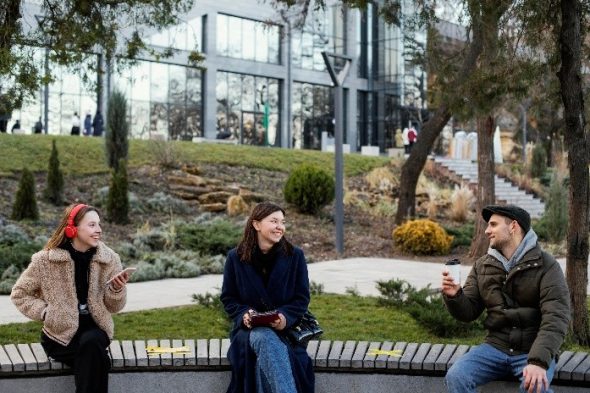
Real-world connections must be nurtured in ways that now feel unfamiliar. Friendships take vulnerability, patience, and the awkward skill of being present. No filters to hide behind, no masterfully crafted captions to polish your words before articulating them. Conversations dawdle and occasionally stagger. People are messy and rough-hewn, and so are you.
But within that mess is authenticity, the very thing that social media promised but was never able to provide. The hours that were once wasted on scrolling come back to you as a present you’d forgotten you received.
Some sit with their minds and find the silence intolerable at first. Others dive headlong into learning, creating, or just being without agenda. Critical thinking, also, has to be relearned. Without the echo chamber reinforcement, you’re forced to develop opinions that aren’t spoon-fed to you.
You actively search out multiple sides, endure cognitive dissonance, and are okay with the idea that not everything can be boiled down to a binary perspective. Nuance is restored to your way of thinking, and with it, the tolerance for complexity that social media had-conditioned out of you.
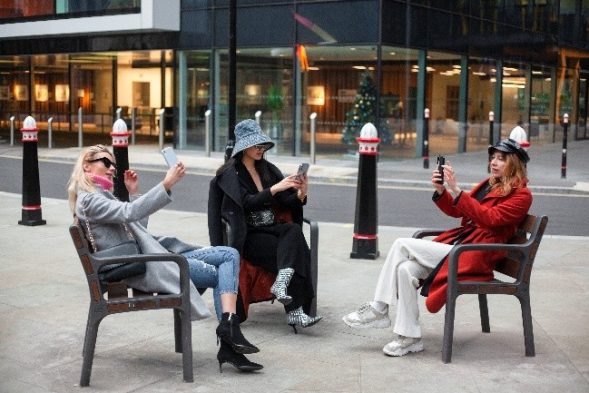
Fear of missing out creeps up on you in idle moments. You think about what all those other people are up to, what you’re missing, what you’re not privy to. Being in social situations is uncomfortable when you can’t retreat to the safety of a glance at your phone. The urge to redownload, to peek, to just check what’s going on, is constant and sneaky.
For most, wholesale deletion isn’t possible or even preferable. The world continues to function on these sites, and complete disconnection equates to professional or social isolation. Here’s where boundaries are crucial. If you need to be there, go in with intention. Establish strict time constraints. Utilize these sites for particular functions, instead of as harmful entertainment or validation devices.
Conclusion
What arises out of this personal exodus, if it persists, is the potential for change on a larger scale. A culture less embedded in digital mediation may recall the experience of boredom, loneliness, sitting with unease without reaching instantly for transcendence. It may rediscover the value of attention earned freely as opposed to harvested.
Each individual who drops out makes a small ripple, and sufficient ripples can change the tide. The question is not whether you will survive without social media. You will, and you can. The question is: who will you become when it’s gone? That is your answer, and yours alone, unmediated and unedited. And that, maybe, is the most revolutionary freedom there is.

